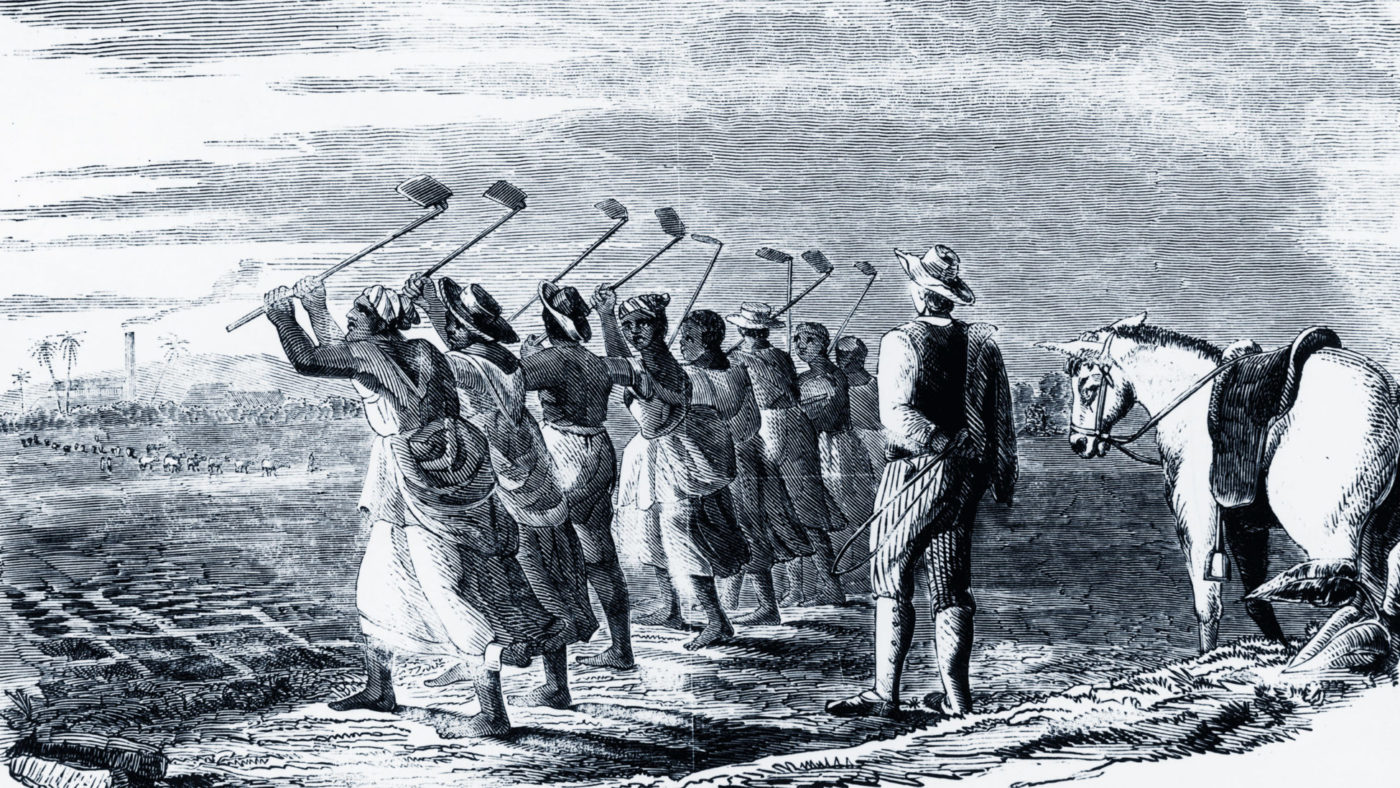The socialist commentator Owen Jones claims in his Guardian column today that “capitalism was built on the bodies of millions from the very start” and that “the transatlantic slave trade became a pillar of emergent capitalism”. Last week he was even blunter, tweeting that, among other horrors, capitalism caused international slavery. It is a strange idea.
To get a feel for just how strange, note that international slavery has been practised all around the world and all through history: ancient Egypt, ancient Greece, ancient Rome, pre-colonial Polynesia and parts of Africa to this day, to name but a few examples. Given that people are inclined to enslave others, whether or not they live in a capitalist economy, it is strange to attribute slavery to capitalism.
But the claim is even more far-fetched than that. Jones can hardly have failed to notice that the slave trade was outlawed in the United Kingdom in the 19th century, just when modern capitalism was developing. And it wasn’t a mere coincidence. The individualistic ideas that motivated market liberalism also motivated a repugnance for slavery.
The geographically and historically ubiquitous practice of slavery was abolished just when British politicians had begun to embrace the philosophical underpinnings of capitalism. It is difficult, in the face of this, to believe that capitalism causes slavery.
Or if you prefer economic to ideological explanations, consider 19th century slavery in the US. This was practised in the agrarian South, but not in the industrialised North. Part of the reason, at least, is that slavery is viable only when simple and easily monitored tasks are
being performed, such as picking cotton or rowing in a galley ship. Because capitalism leads to innovation in productive techniques and, with it, a declining demand for unskilled labour, it would reduce demand for slaves even if the ideas behind it did not.
The impulse to enslave these days tends to arise only where collective goals are at stake. For example, some European countries still have military conscription, which temporarily enslaves young men for the purpose of national defence. In a socialist economy, where the great variety of sometimes competing individual goals are subordinated to collective goals, economic planners will be tempted to enslave those who do not voluntarily contribute to the plan.
This is certainly what happened in the Soviet Union, Kampuchea and Mao’s China. In short, the idea that capitalism caused slavery is historically and theoretically preposterous.
Why then would Owen Jones say that it did? I cannot know, of course. He may be honestly bewildered. But I suspect that when people say things like “capitalism caused slavery”, they are not expressing genuine beliefs. Rather, they are signalling tribal membership, as when many England fans declared after the quarter-final victory over Sweden that “football’s coming home”. These statements are more like chants than assertions.
It’s harmless in football fans. But such political chanting only makes the debate dumber and more polarised.


